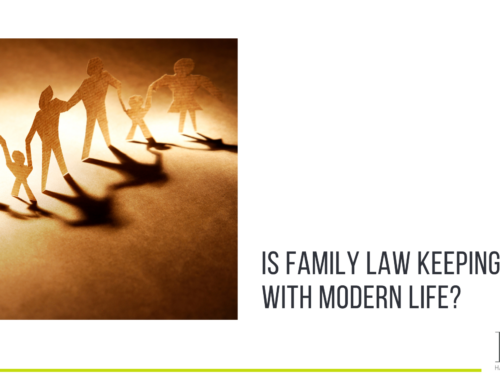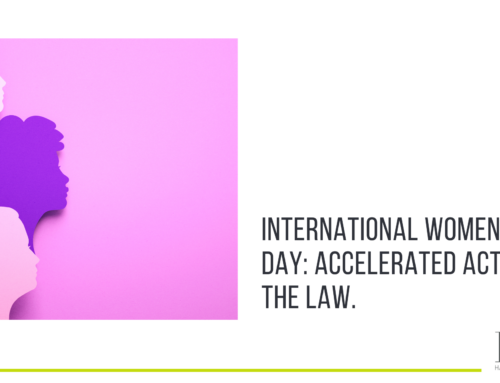Before starting the divorce process, it is important to seek specialist family law advice to discuss your situation in depth. This is an important first step because it allows you to think about the outcome you would like to achieve and make sure that you are prepared for the road ahead. Your solicitor’s support will be invaluable as you draw up your divorce petition. It’s likely that you are doing this for the very first time, but your solicitor is not, and the experience they can share with you will help you feel reassured that you are making the right decisions.
The next step after seeing your solicitor and drawing up a divorce petition is to serve the papers on your ex.
The procedure for serving divorce papers is formal and is designed to make sure the courts have proof that your ex has received the papers. The papers will usually either posted by the court and will include an acceptance form, that must be signed and returned to the court to acknowledge that the papers have been received.
Your solicitor will normally be in contact with your ex before the divorce being started so that they are prepared and that service of the papers is not the first they know about the divorce.
What happens if my spouse doesn’t respond to the divorce papers?
It is possible for the papers to be hand delivered to your ex by a specially appointed person who will provide a statement to the court confirming that your ex has received the papers.
There was a case in the US where a judge allowed divorce papers to be served using Facebook. In this particular case, the husband had been hard to track down, had no fixed abode and had not responded to formal communication. The wife managed to persuade the court that the best way to reach him was via a Facebook message.
Using Facebook to serve divorce papers may seem like an extreme measure but it underlines how important it is to make sure your ex is fully aware of the action being taken.
There are times when all efforts to find your ex fail. In this case an application must be made to the court to go ahead without your ex being involved. It will be necessary to show that substantial efforts have been made to track down your elusive ex.
If your ex is simply ignoring the papers, there are a number of steps you can take.
Your solicitor will be able to discuss the options with you.
To see how Harrogate Family Law can help you, give us a call today on 01423 594680.

Carol Jessop is an experienced family lawyer specialising in finding practical solutions to resolve complex financial arrangements, protecting assets and obtaining emergency orders to provide personal protection or prevent the removal of children.
Carol has over 30 years’ experience in family law and is recognised by her clients and peers as highly knowledgeable and compassionate.
Everyone’s circumstances are different and this article is provided by way of general information only and must not be relied upon. If you require legal advice on a family law issue, please feel free to contact us by emailing enquiries@harrogatefamilylaw.co.uk.






